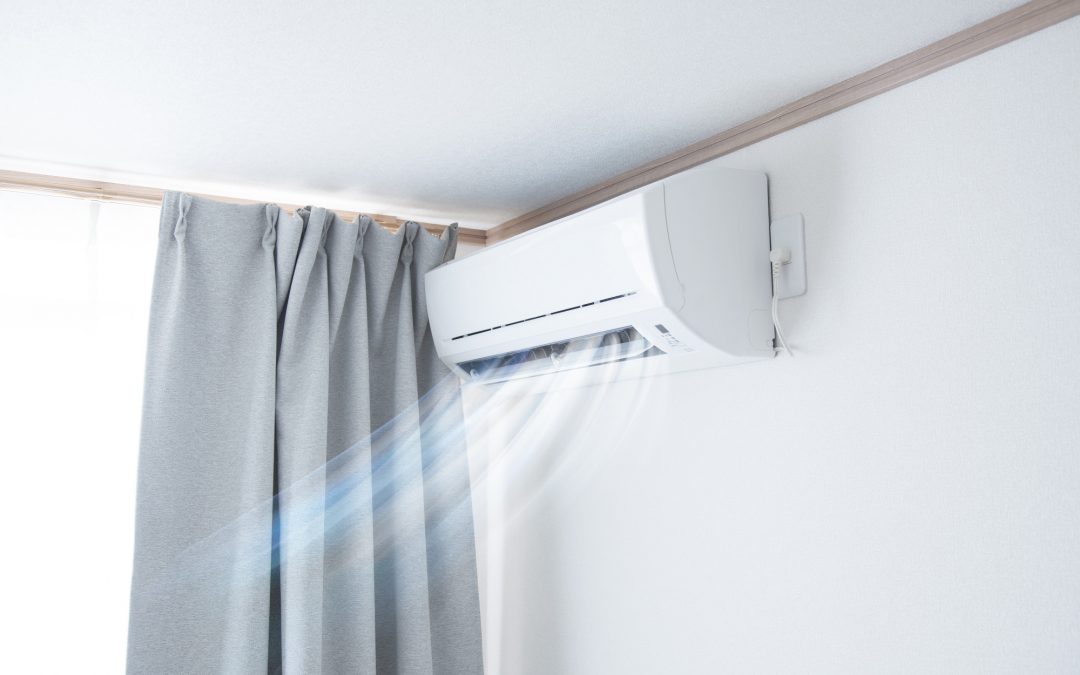Indoor air pollution isn’t just a minor threat—it causes 3.8 million deaths every year.
Since many experts agree people spend around 90% of their time indoors, it’s vital you have clean air in your home. Neglecting indoor air quality can result in irritation, sicknesses, and damage to the body.
Thankfully, if you’re not sure what your indoor air quality is like, an indoor air quality test can help. Should you schedule a test? The answer is yes, and here’s why.
The Importance of an Indoor Air Quality Test
Since we spend so much time inside our homes, it’s vital we have clean, contaminant-free air. Here are some short-term effects of exposure to pollutants:
- Irritation of the nose, throat, and eyes
- Dizziness
- Fatigue
- Headaches
Exposure to indoor pollutants can be particularly dangerous to those with asthma, as their symptoms may get worse. Long-term effects include heart disease, respiratory diseases, and even cancer.
Many people may experience symptoms such as dizziness or irritation and pass it off without understanding air quality is the issue. Poor air quality can even make allergies worse.
What an Indoor Air Quality Test Can Find
Now that you understand more about how important an indoor air quality test is, let’s cover what you can find with one.
The indoor air quality field encompases many different components. Our clients can request specialized testing for the following items:
- Mold and mildew
- Carbon monoxide
- Radon
- Volatile organic compounds (VOCs)
- Mycotoxins
- Particulate matter (dust, pollen, smoke, soot)
Mold, in particular, is very common in buildings. Since it grows in places with a lot of moisture, it can grow in damp places in the house or in high-humidity areas.
Mold often grows in places that are hard to see, leading many homeowners to believe they don’t have a mold problem. It can also enter the house from outside or through your heating and air conditioning system.
The Dangers of Mold
Exposure to mold can cause mild to severe health effects. People may experience mild irritation of the nose, throat, and eyes. Those who have mold sensitivities, allergies, or asthma may experience more severe reactions to mold.
According to the CDC, people with respiratory diseases may also experience trouble breathing. Anyone with immune suppression is at a higher risk for infection.
Scheduling a Test
Do you have good indoor air quality? Most homeowners don’t know the answer to that question.
The first step in determining your air quality is to schedule a test. Tests can detect signs of poor indoor air quality.
Mold inspectors use specialized inspection equipment to test the quality of your indoor air. A whole-house air sampling will tell you more about the indoor air in your home, including whether you have a mold problem.
Are You Ready for Your Indoor Air Quality Test?
As you now see, the air you breathe at home has a huge impact on your health and wellbeing. An indoor air quality test can detect issues with your air quality and pick up on a mold problem.
If you’re ready for your indoor air test, leave it to Elite Mold Services! Our Orlando mold inspectors use the ANSI/IICRC-approved S520 Professional Guide for Mold Remediation for the best results. Send us a message today to schedule your test.

